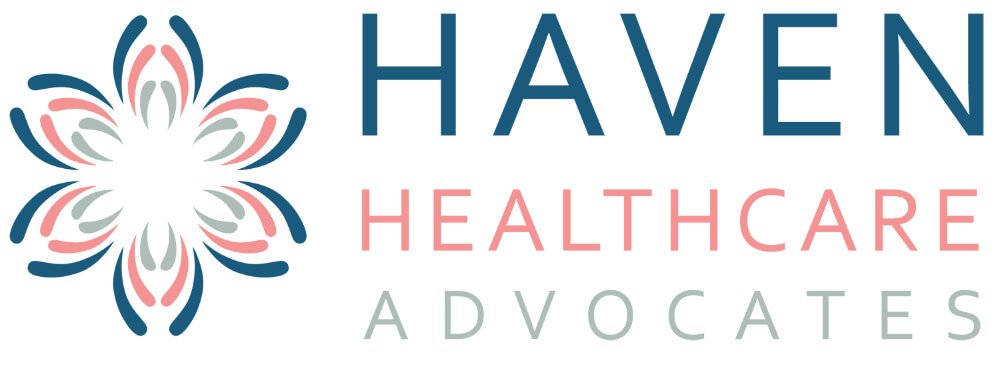National Healthcare Decision Day
Every year millions of people will face a healthcare crisis that could leave them incapacitated and unable to direct their own healthcare. If you became incapacitated, would your loved ones know your wishes and would they have the power and authority to carry them out?
April 16th is National Healthcare Decisions Day (NHDD). Since 2008, NHDD has existed to inspire, educate, and empower the public and providers about the importance of advance care planning. We’re taking this day to talk about steps you can take and important documents you can begin to prepare. Plus, you can download helpful resources right here on the website.
Advance Directive
The best way to assure your wishes are carried out is to plan ahead and create an advance directive. An advance directive is a legal document that generally includes a living will and a medical power of attorney also known as a Designation of Health Care Surrogate (DHCS).
Living Will
A living will allows you to voice your desires regarding what treatments should be administered or withheld at the end of life. Physicians are required to comply with your wishes within the reasonable scope of medical practice. You do not need a lawyer to make a living will, although you can get one from a lawyer if you prefer. Every state has its own requirements for making a living will, so if you make one on your own, make sure you find a form that meets your state's requirements.
Designation of Health Care Surrogate
A Designation of Health Care Surrogate is a legal document that allows you to appoint another person to make medical decisions for you should you become temporarily or permanently unable to make those decisions. With few exceptions, a surrogate can be any adult you choose. Your surrogate will be able to make almost every treatment decision in accordance with accepted medical practice that you could make if you were able to do so. If your wishes are not known or cannot be determined, your surrogate has the duty to make decisions in your best interest. These decisions can include authorizing, refusing, or withdrawing treatment, even if the result is death.
Steps to Take for Advance Care Planning
Decide What Care and Comfort Measures You Desire
The first step is to know what care and comfort measures you desire. Do you want CPR administered? Do you want mechanical ventilation if you cannot breathe on your own, and if so, when and for how long? Are there comfort care (palliative care) interventions you would like used to keep you comfortable and manage pain while abiding by your other treatment wishes? The list is extensive and should be carefully considered. The Conversation Project and Five Wishes websites both have comprehensive guides to help you discuss and document your choices.
Speak to Family or Loved Ones
The next step is to have a conversation with family or loved ones. It is stressful to make end-of-life decisions for someone you love, especially if you do not know their wishes. If everyone in the family is not on the same page, and there is no clear direction, it can easily cause friction and strife. Sharing with the people you love can help bring family together and provide comfort for them knowing that they are following your wishes.
Choose Your Health Care Surrogate
Choosing your health care surrogate is an important decision and one that should not be taken lightly. This person should know and understand your health care philosophy and be willing and able to carry out your wishes. Make sure it is someone who will be able to make a tough call if needed. Remember that your health care surrogate could be called on during a time of stress and potentially a time-sensitive situation. It is also advisable to designate an alternative surrogate as a backup.
Once you have determined your wishes, discussed them with family or loved ones, and designated a health care surrogate, you should put everything in writing. Again, you do not need to have an attorney prepare the documents, but certainly can if you prefer. Forms and requirements vary by state.
Prepare Copies of Your Advance Directive
Finally, make sure that someone such as your doctor, lawyer, or family member knows that you have an advance directive and where it is located. Give a copy of the written designation form or the original to your health care surrogate. Give a copy of your advance directive to your doctor for your medical file. Keep a copy of your advance directive in a place where it can be found easily. Keep a card or note in your purse or wallet which states that you have an advance directive and where it is located. If you change your advance directive, make sure your doctor, lawyer, and/or family member has the latest copy.
You may not be able to plan for everything but having a plan in place when an emergency arises will help alleviate stress and help you receive the care and comfort you desire.

